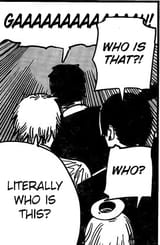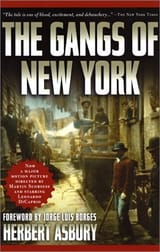>>24511766
Some of his works are more like prose poems ("Inferno, I, 32") or slightly extended parables ("The Lottery in Babylon") and some aren't necessarily compelling in a plot sense ("The Library of Babel," "The Circular Ruins," "Pierre Menard, Author of the Quixote"), but Borges does have real plots ("The Immortal" comes to mind, as does "Death and the Compass") and stories with real human interest (the main conflict of "The Aleph" and the melancholy of "Ulrike"). He definitely wrote stories that can be valued for their plot even if you're not analyzing his conscious or subconscious echoes of Dante, Chesterton, the Arabian Nights, or Schopenhauer. Even some of the philosophical stories like Tlön can do things like marry a haunting vision of a disintegrating society to their morals, as a beautiful projected inversion of Borges' own love for the tradition of idealism. He adored and reworked plot in things like "The Form of the Sword," which is definitely a reply to Chesterton's "The Sign of the Broken Sword," which is in turn a reply to Dante's Inferno. Idk, I think Borges is underrated because of our (understandable) habit of collapsing all his merit into his most UNIQUE feature, his philosophic puzzleboxing, while ignoring his capacity for luminous parable, humane beauty, and, despite its thinness in some stories, plot. I realize I mostly namedropped but think about how the Aleph ends on Borges messing with the guy that owns the thing, or about how Death and the Compass is a pretty standard detective story, or the hallucinatory Arabian Nights-esque adventure yarn of The Immortal. His poetry also testifies to the human factor in his work. "The Rain" is a good example.




